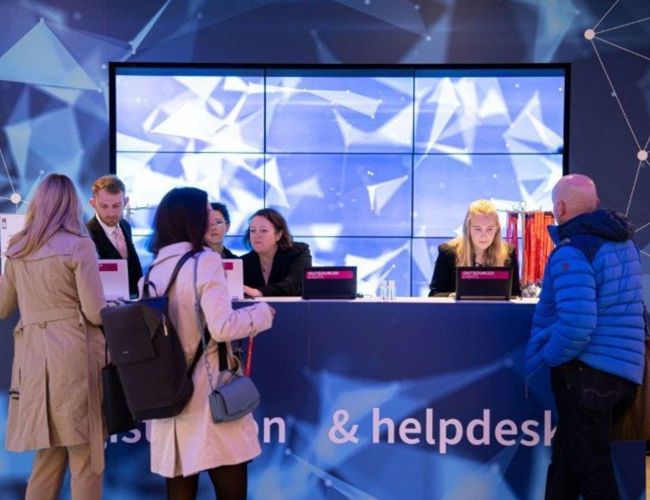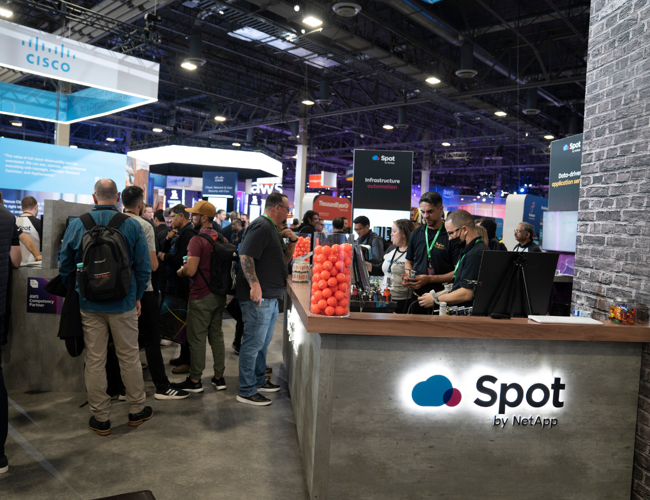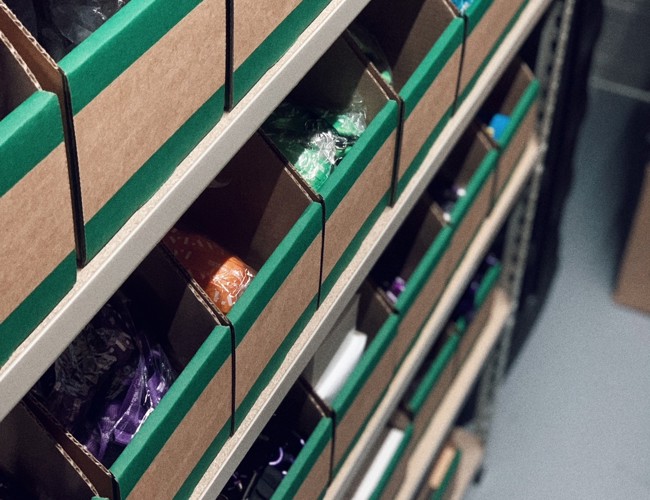Events and Sustainability: More Than a Gimmick

Events are powerful forums for communication, engagement, and membership. They enable relationship building, participation and economic growth. However, in-person events can also be accused of having negative impacts on the environment, particularly when thinking about waste.
COVID-19 forced many event organisers to convert their events from in-person to virtual, but with live events back on the horizon what will be the environmental, economic and social impact?
Thinking Sustainability
Sustainable events incorporate values such as recycling, reduced plastic use, plant-based catering, ethical + local sourcing, and a mindful reduction in an event’s carbon footprint. But how do we begin to make such a shift in a space that is often designed around the short term?
We need to ask ourselves: “what are the alternatives?” for many of the elements that we put in place:
- Do we really need printed conference programmes when event platforms and indeed apps, offer convenient searching and connection tools, as well as the ability to bookmark sessions of interest?
- Do delegates really need to travel to every event to have access to the same content? Can we encourage information and Q&A sessions to be held online and networking and interactive events to be held in-person?
- It might be that you consider cities and venues that offer clean energy and have a high standard of carbon neutral or net-zero buildings, that don’t require fossil fuel generators.
- You might select venues that offer recycling sorting stations in all spaces, filtered water dispensers, smart lights and temperature-controlled rooms, drought-resistant plants and trees, reusable and/or digital signage.
- Find accommodation with eco-friendly toiletries (available in bulk dispensers), recycled toilet paper in all common and private bathrooms, reusable linen and towel policies.
- Work with AV companies that use locally sourced equipment and labour, builders that reuse and repurpose materials and hired fixtures rather than purchased goods.
- Work with caterers to offer more plant-based options to your menus and that source from local suppliers.
- Remove single use crockery and eliminate filling of dinner table water glasses and bread plates pre-arrival, or even a simplistic elimination of bottled water for breakout sessions.
- Offer communal ride options or buses to reduce your carbon footprint if walking is not an option (if walking is an option offer incentives that keep it interesting.
- Change your swag approach – provide upcycled, reusable, everyday items.
- Use reusable badges that are returned at the conclusion of the event.
- Consider the impact of COVID in masks, gloves and face shields use: are there eco-friendlier options such as reusable dividers/screens?
- What human/social impact considerations and/or programmes are your suppliers engaged in?
- Invest in sites, lodging and suppliers that employ fair trade, fair price and decent working conditions, practices and policies.
We need to think bigger than banning straws, plastic cups and reducing paper if we are to see a paradigm shift in the events space.
Changing Formats
It may have been evident to those in industry, but the last two years have shown that there is no cookie-cutter approach in events. What we have seen, however, is a massive shift to digital. With this in mind, and in keeping with sustainability, you may decide that your smaller in-person experiences are the way forward for regional events and a hybrid approach is applied to your global events; those in-region attending face-to-face and those out of region given a paid option to attend or incentivised to watch?
You may consider holding these in a different continent each year to keep it accessible to your entire audience? Determining your underlying objectives and desired outcomes early in the planning process to formulate requirements is crucial! Equally, with many employers implementing reductions to travel budgets, sustainability mandates and restricting travel to certain places in the world for the short term, these considerations should be made sooner rather than later.
You may feel that your audience is more of a growing and engaged community whereby building a community hub is the way forward? In this scenario, you can create a centralised space where downloadable and viewable content, announcements, promotional materials, referral links and other valuable engagement tools are made available. You can promote in-region webinars and events to your audience and survey them to better understand what and how they choose to attend your events in future, continually creating personalised and bespoke experiences for your audience.
Incentivise Your Attendees
Encouraging behaviour change doesn’t have to be with any one organisation or indeed, only on the planner/client side. Allow your attendees to feel part of the transformation by encouraging and incentivising re-use. Allow attendees to bring, purchase or collect reusables. Create a reward system that can be used as digital currency to access content, go into the running for, or simply make the leader board – you will be surprised how gamification can encourage people to act.
You may tell people that for every indicator they hit, a tree will be planted or align this to your own corporate sustainability goals. There is much you can do here, and your participants will appreciate the fun and take pleasure from contributing to making a difference.
Be Memorable
Events afford the opportunity to continually create, design and innovate. Introducing sustainability into your planning process is possible (as I hope we have shown), given careful consideration, research and investment to shape and deliver. If you couple this with a frustration-free, accessible, personalised and engaging event, you will have your delegates wanting and engaging more than ever before – not only with events, but also with your team, products and content.
If you need some ideas or would like to ask us how we can help deliver your next event or experience, please reach out to Outsourced Events on +44 (0) 330 460 6007 or email us today.
Our Latest Knowledge & Insights
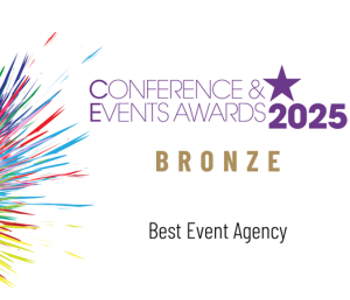
Outsourced Events wins bronze for ‘Best Agency’ at Conference and Events awards 2025
Outsourced Events is proud to announce that we have been awarded Bronze in the 'Best Agency' category at the Conference and Events Awards 2025. This recognition is a great honour for us and reflects the hard work and dedication of the OE team.
Read More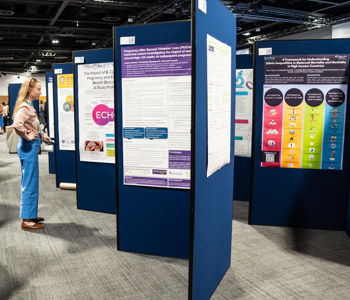
A comprehensive guide to abstract management for conferences
Navigating the abstract submissions process can be complex. Ensuring quality and relevance requires submissions to undergo a rigorous review process and strict adherence to deadlines. The entire process can be complicated and time-consuming. This guide aims to provide beginners with a comprehensive understanding of the call for papers and abstract management process, its essential features and how effective abstract management improves event outcomes
Read More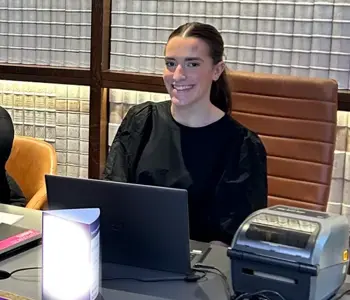
Emily Branston | Inside my placement year: What it’s like working at Outsourced Events
Our Event Executive Emily shares what her day-to-day at OE really looks like. Emily joined us at Outsourced Events as a placement student, in July 2024, after two years studying Marketing and PR at Leeds Beckett University. In her own words, Emily shares what it’s been like to be an Event Executive at OE so far — from the fast-paced planning to the rewarding moments that make it all worthwhile.
Read More


